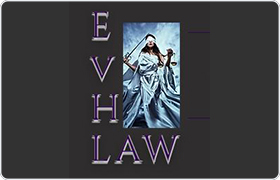Tijeras Criminal Lawyer, New Mexico, page 4
Sponsored Law Firm
-
 x
x

Click For More Info:
-
Law Office Of Elizabeth V. Han
2601 Wyoming Blvd NE Suite 106 Albuquerque, NM 87111» view mapCriminal Defense and Divorce & Family Law Trust Our Experienced Team
Let the Law Office Of Elizabeth V. Han handle your legal matters.
800-647-3590
Michael J. Doyle
Mass Torts, Workers' Compensation, Employment, Criminal, Insurance
Status: In Good Standing
Elizabeth Honce
International Other, Commercial Real Estate, Immigration, Criminal
Status: In Good Standing
 Elizabeth Han Albuquerque, NM
Elizabeth Han Albuquerque, NM Practice AreasExpertise
Practice AreasExpertise